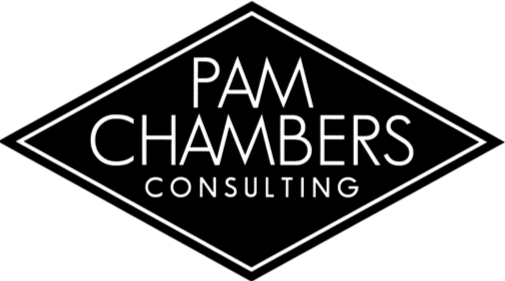
Speakers should beware when the organizers of a workshop use the M word (Mandatory) about attendance.
When people have no choice, there is immediate resistance. And who bears the brunt of that resistance? The management team, of course. But that’s usually not expressed overtly. What is overt is the body language of the participants as they arrive at the last minute and sit in the back row with crossed arms.
When I’m in front of a group that is suffering from “Mandatory-itis,” I tell this story:
“When I was eighteen, I worked in the claims department of an insurance company. One day we were told to attend a customer service workshop, but we weren’t told why. ‘Have we done something wrong?’ we wondered.
My buddies and I had to attend, but we didn’t have to like it!
About half an hour into the workshop, I noticed that I had dropped my resistance and was actually interested in what was being presented. My friends were too. I am certain that the speaker noticed the shift in our demeanor, and had even anticipated it.
So, if any of you are feeling the way I did, I completely understand. Maybe as we get underway, you’ll discover that this information could be useful to you. Let’s begin!”
This approach is an example of my axiom: “If you can’t hide it, paint it red.” When you do this, the resistant people will probably relax and nod in agreement.
On the other hand, if you were to pretend the M situation didn’t exist, the participants would most likely feel that you don’t “get” them. Their resistance would become more pronounced and possibly verbal. “Why do we have to be here? We don’t need this.”
Know your audience. Find out in advance how the event was presented to them. Ask to see the workshop announcement. Find out if it is mandatory. If it is, ask why.
This information is your friend.



